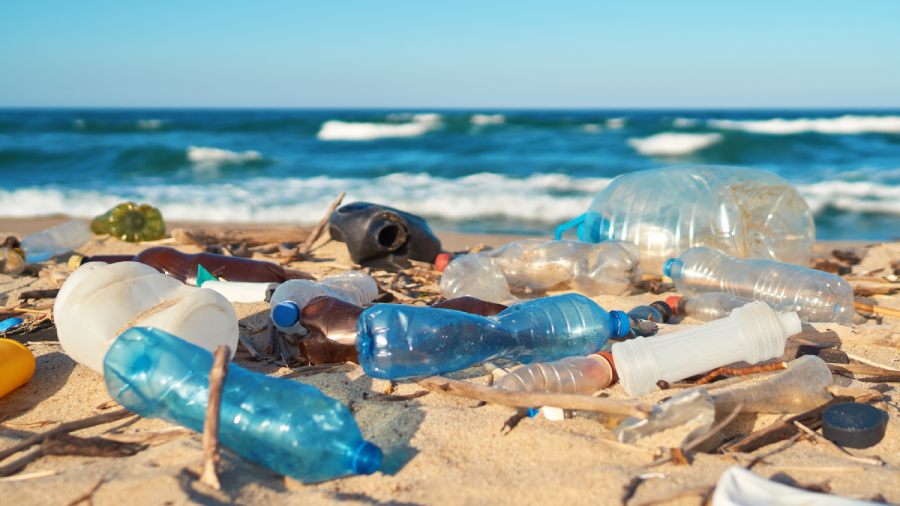The world seems to have realized — a bit too late in the day? — that plastic does more harm than good. Recently, at the United Nations Environment Programme’s fifth Environment Assembly, 175 countries adopted a resolution to forge an internationally binding agreement towards ending plastic pollution by 2024. The resolution aims to create a pact, with legally binding mechanisms applicable to all signatories, that will address the entire life-cycle of plastic — from manufacturing to disposal. The hazards of plastic pollution are manifold. Only about nine per cent of plastic ever created has been recycled. The rest has been accumulating in the world’s oceans causing irreparable damage to marine ecosystems, choking and polluting rivers, and piling up in extensive landfills. Plastic can pollute the soil and contaminate water with harmful chemicals. It also contributes to about 4.5 per cent of the total global greenhouse gas emissions. Additionally, plastic pollution adversely affects livelihoods in the coastal regions. Researchers at the Indian Institute of Science, Bangalore, have recorded skeletal defects, DNA damage and such in Zebrafish embryos that were exposed to river water contaminated with microplastics. There is reason to believe that microplastics can enter the human bloodstream as well. Worse, about 9.8 million tonnes of pandemic-related plastic waste was created globally after the demand for single-use plastic rose in the medical sector.
One of the major challenges of implementing a global agreement on plastic is the lack of economy-wide taxes or obligations to structurally reduce the consumption of plastic. The multitude of standards and regulatory measures across the world is an obstacle. Consistency, thus, must be brought in first. Financial cooperation targeting plastic management between developed economies and low and middle-income countries is crucial. Awareness about the importance of recycling is low in India. This needs to be amplified. Hearteningly, some innovative ways of tackling plastic waste have been tried in the country. Plastic has been used to make roads and bricks that are more durable than the material used at present. Recycled plastic has also been used to make clothes, especially sportswear. Researchers have also turned plastic into fuel. But such solutions still need time to become scalable and commercially viable. The emphasis must thus be on eradicating the offensive material.










